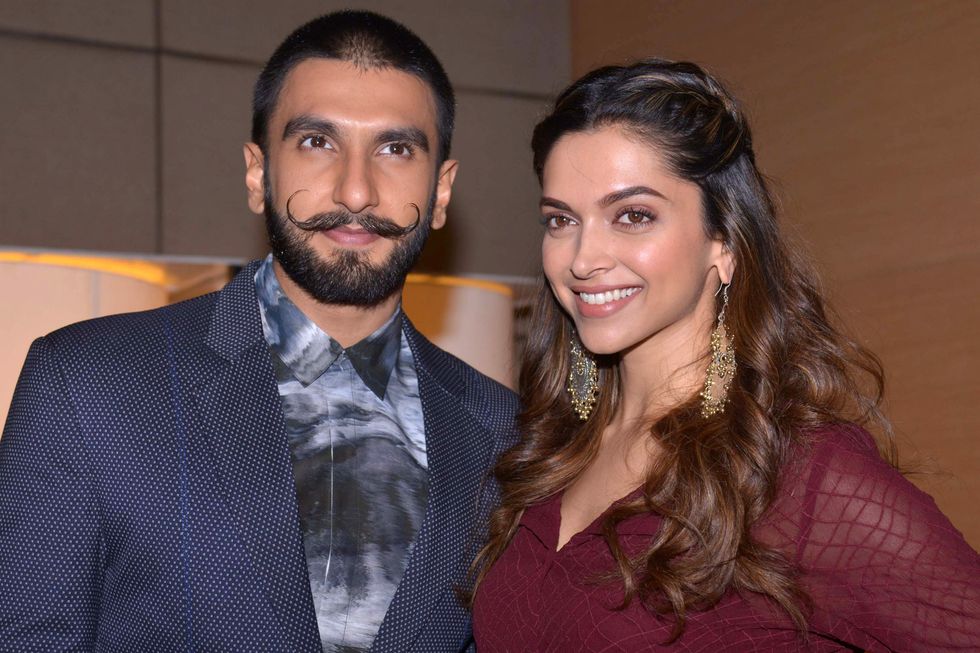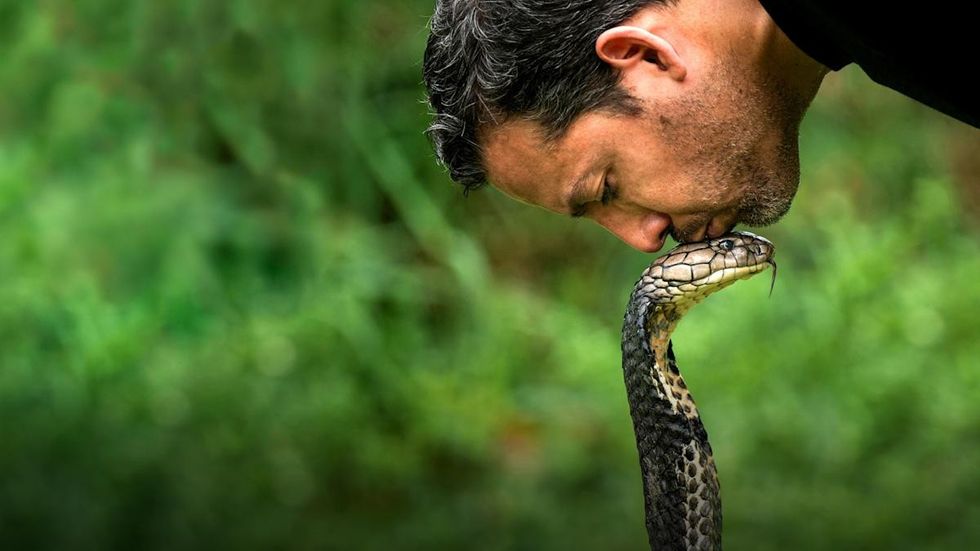By: Mohnish Singh
Shravan Rathod of the iconic music composer duo Nadeem-Shravan breathed his last at SL Raheja Hospital, Mumbai on Thursday (22). He succumbed to Covid-19 related complications. He was 66.
The news of his death was confirmed by his son, musician Sanjeev Rathod. “He passed away around 10:15 pm tonight. Please pray for his soul,” the grieving son told a newswire.
After testing positive for Covid-19, Shravan Rathod was admitted to SL Raheja Hospital on Monday in a critical condition. Reportedly, he had co-morbidities and was on ventilator support as his condition got critical.
Mourning the great loss, Nadeem said, “I am in deep pain as I say this, but my friend and my companion, my partner of so many years is no more. It has left such a vacuum. I spoke to his son who was inconsolable. We had been in touch on a regular basis for the last several days when Shravan complained of ill-health and had to be moved to a hospital. Shravan’s wife and son are also unwell and are still in the hospital.”
Soon after Shravan Rathod's death on Thursday, condolence messages from celebrities across the music industry started flooding Twitter.
“Shocked to hear the news of Shravanji (of Nadeem Shravan) passing away. A genuine humble human being and one of the biggest composers of our music industry. Another huge loss in this pandemic. God give strength to the bereaved family. Rest in peace," tweeted singer Shreya Ghoshal.
Singer-composer Pritam also mourned legendary composer Shravan Rathod. “Saddened to know that Shravanji of Nadeem Shravan has passed away. Feeling numb. When will this nightmare get over? My deepest condolences to his family,” he tweeted.
One of the most sought-after composers of the 90s and early 2000s, Nadeem Shravan shot to fame with Mahesh Bhatt’s Aashiqui (1990). After the huge success of the film, the duo never looked back and went on to deliver one chart-busting album after the other. Some of their most iconic films include Saajan (1991), Hum Hain Rahi Pyar Ke (1993), Raja Hindustani (1996), Pardes (1997), Raaz (2002), and Andaaz (2003).





 Beets, bears, and brilliant chaos—Dwight Schrute was ready to make Schrute Farms the weirdest B&B on TVGetty Images
Beets, bears, and brilliant chaos—Dwight Schrute was ready to make Schrute Farms the weirdest B&B on TVGetty Images  Too fabulous to function—Jean-Ralphio was born to star in his own disaster-fuelled comedyGetty Images
Too fabulous to function—Jean-Ralphio was born to star in his own disaster-fuelled comedyGetty Images  Omar - a prequel about his early days could’ve been HBO’s next gritty masterpieceGetty Images
Omar - a prequel about his early days could’ve been HBO’s next gritty masterpieceGetty Images Deadpan, dark, and delightful—April Ludgate’s FBI spin-off would’ve been everythingGetty Images
Deadpan, dark, and delightful—April Ludgate’s FBI spin-off would’ve been everythingGetty Images Sassy, spiritual, and full of secrets—Lafayette’s backstory was screaming for a supernatural seriesGetty Images
Sassy, spiritual, and full of secrets—Lafayette’s backstory was screaming for a supernatural seriesGetty Images From Victorian poetry to vampire slaying, Spike’s centuries-long saga deserved its own spotlightGetty Images
From Victorian poetry to vampire slaying, Spike’s centuries-long saga deserved its own spotlightGetty Images Confidence, quirks, and questionable fashion—Schmidt’s next chapter could’ve been rom-com goldGetty Images
Confidence, quirks, and questionable fashion—Schmidt’s next chapter could’ve been rom-com goldGetty Images The villain we hated to love—Negan did get his spin-off, and it’s a bloody good oneGetty Images
The villain we hated to love—Negan did get his spin-off, and it’s a bloody good oneGetty Images Whimsical and wise—Luna’s magical adventures would’ve been a dreamy, otherworldly delightGetty Images
Whimsical and wise—Luna’s magical adventures would’ve been a dreamy, otherworldly delightGetty Images Chaotic queen energy—Gina’s influencer-era spin-off would’ve broken the internetGetty Images
Chaotic queen energy—Gina’s influencer-era spin-off would’ve broken the internetGetty Images 










 Drama unfolds as Cardi B calls out Offset for an affair with AriTheDon in explosive leaked messagesGetty Images
Drama unfolds as Cardi B calls out Offset for an affair with AriTheDon in explosive leaked messagesGetty Images 
 Deepika Padukone and Ranveer Singh’s stunning £9.5 million sea-facing apartment in Mumbai nears completionGetty Images
Deepika Padukone and Ranveer Singh’s stunning £9.5 million sea-facing apartment in Mumbai nears completionGetty Images 

 And the magician kisses a king cobra
And the magician kisses a king cobra